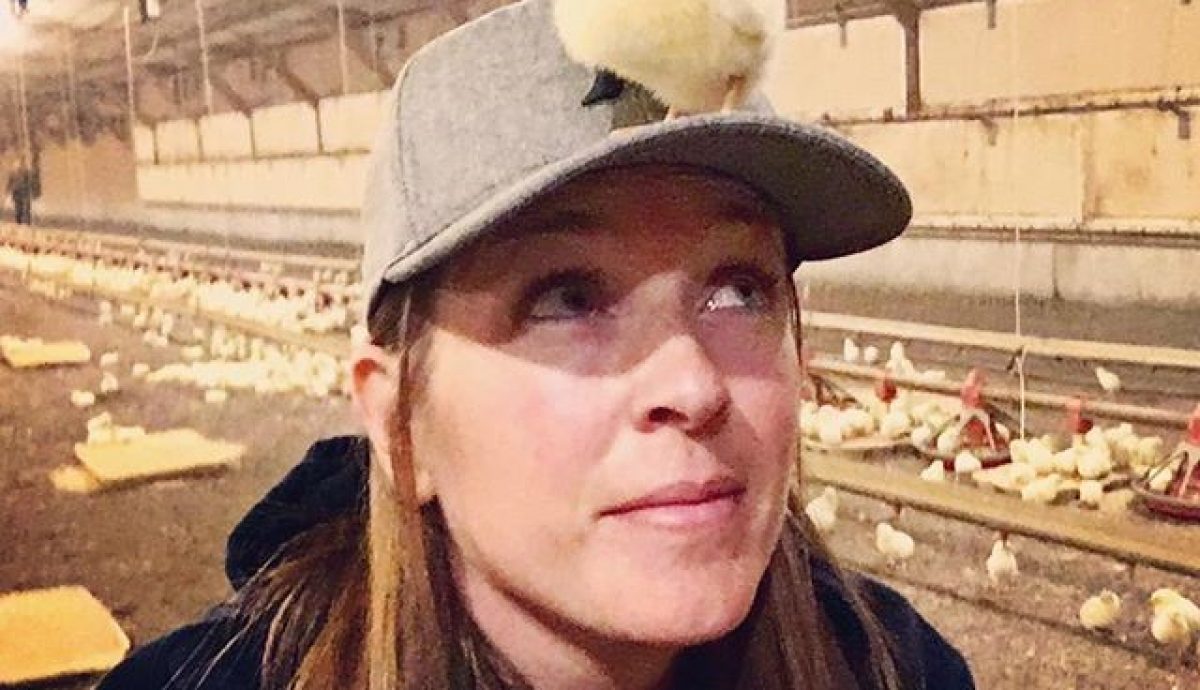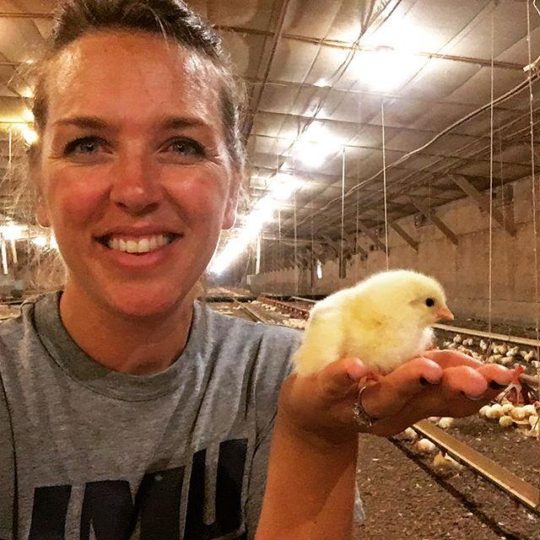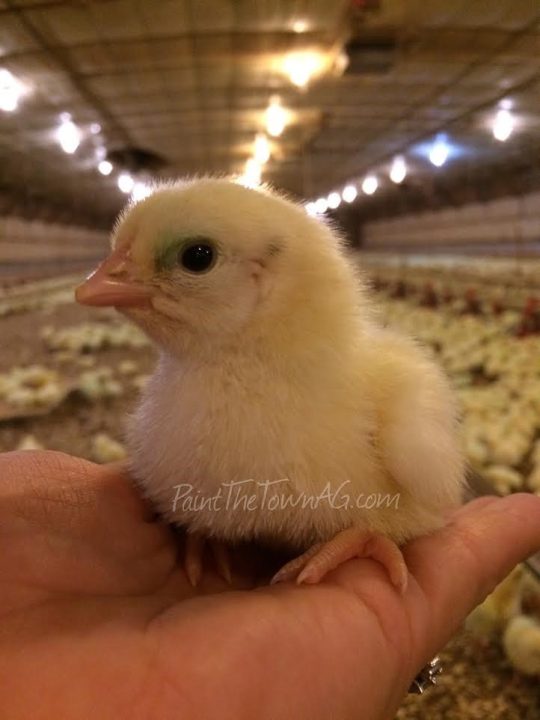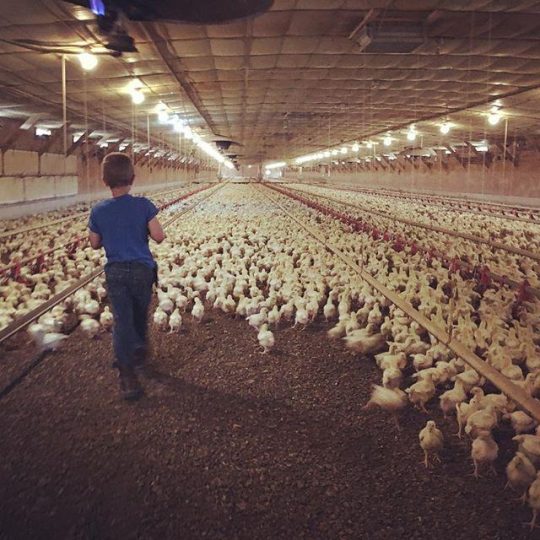Career Spotlight! Virginia Poultry Farmer
We interviewed Lauren Arbogast, a Virginian Farmer to celebrate National Poultry Day.

We interviewed Lauren Arbogast, a Virginian Farmer to celebrate National Poultry Day.
What is your job?
I married into a farm in the Shenandoah Valley of Virginia after growing up in the city. My husband, Brian, is the third generation to farm on the same land, and our children are the 4th! We raise chickens, cows and crops on our land. I also teach elementary special education in the local public school system.

What do you get to do day-to-day in your job?
My husband, Brian, works with his brother and their dad daily on the farm. Each day is different, depending on the season of the year and also where we are in the “seasons” with our animals and crops. We raise flocks of chickens year round in their climate-controlled houses, and that is part of our daily routine to check them multiple times a day. On the other hand, our beef cattle are also checked daily, but are a little more time-intensive during certain seasons like calving.
What is your favorite part of your job?
Being raised in the city, I absolutely love the wide open space on the farm. Whether it’s sipping coffee on the front porch in the summer looking out over our cows in the pasture, or helping to bring in the fall harvest from the fields, the space is calming and invigorating at the same time. Brian’s favorite part of farming is seeing new life – calves, baby chicks – and knowing that he plays a part in raising them.
What made you interested in your career?
I didn’t really “choose” the career of farmer since I married into the farm, but I really wouldn’t have it any other way! I absolutely love the lifestyle and the opportunities it has afforded me and the family through the past almost-14 years.
What different skills do you need to be successful?
The main skill for a farmer is flexibility, as well as an ability to see (and push through for!) the positive in every situation. Farming is not a job that you can walk away from at the end of the day, or even one that you can take a lunch break every day. It’s a job that requires being nimble on your feet, nimble with your perspective, and also make the best of what you have on hand.

Are there many common misconceptions about your job?
The most common misconception that we encounter about farming, outside of animal-specific misconceptions, is the myth that as a whole, farmers don’t care about the Earth. Raising the 4th generation to steward the land that their great-grandfather worked has helped us to talk about this with people outside of farming. We want to leave the land better for future generations, and that drives many short and long term goals here at the farm.
What kind of classes should students take if they are interested in your field?
Students interested in agriculture should look into local 4-H and FFA opportunities that their location may have. Get involved with as many different aspects of agriculture as you can to help understand the diversity in agriculture – and where your passion may lie! For after high school, look into career and technical centers, or a state land-grant university for agriculture-specific classes.
Why should students learn about agriculture?
I think that everyone should have an appreciation for agriculture. That doesn’t mean that you need to learn everything about the field, but that you recognize and respect the occupation as a crucial part of life. We can all have appreciation for other occupations that contribute to society in big and small ways!

When you were younger, and someone asked, “What do you want to be when you grow up?”, what did you say? And would younger you be happy with where you ended up?
I had dreams of becoming a veterinarian when I was smaller, and then that shifted to a career in health sciences as I was older. I never imagined landing on an actual farm! But the farm and a complementary career in education is absolutely the right fit for me. Both provide experiences and perspectives that constantly challenge me and stir me to learn!
What is your favorite chicken recipe, and can you share?

Creamy Chicken Casserole is a favorite for those chilly winter nights on the farm! It’s an easy weeknight dish that pairs well with vegetable sides. Enjoy!
3 cups chopped, cooked chicken
1 (10 3/4 oz) can cream of chicken soup, undiluted
1 (8 oz) carton of sour cream
1 Tablespoon poppy seeds
Salt and pepper to taste
Mix these ingredients and spoon into a lightly greased 9x13 baking dish.
1 ½ cups crushed round buttery crackers
¼ c melted butter
Combine crushed crackers and butter and sprinkle over chicken mixture. Bake, uncovered, at 350 degrees for 30 minutes.










